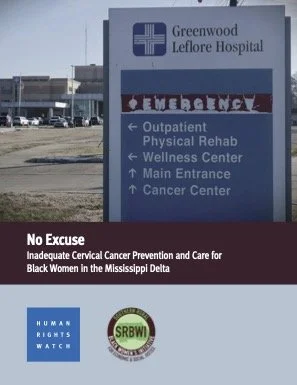By Pratheepan Gulasekaram
Since the Supreme Court’s District of Columbia v. Heller decision in 2008, lower federal courts have wrestled with Second Amendment claims raised by categories of people excluded from gun possession. Among those cases, several have been brought by noncitizens challenging their prosecutions under 18 U.S.C. § 922(g)(5), the federal criminal ban on possession by unlawfully present noncitizens. In the post-Heller § 922(g)(5) cases, judges have opined on whether unlawfully present noncitizens were among “the people” who had the right to bear arms and whether the government regulation met the appropriate level of constitutional scrutiny. More recently, however, the Supreme Court abandoned the tiers of scrutiny approach. In New York State Rifle & Pistol Association v. Bruen in 2022, the Court prescribed a novel historyfocused inquiry in its stead. Since then, the federal government and several lower federal courts have sought to justify present-day gun restrictions by searching for historical antecedents created to address analogous public policy concerns in analogous ways. In conducting that historical inquiry for § 922(g)(5), several courts have conjured Revolutionary War–era statutes that disarmed Loyalists to the British Crown. This Piece explains why such an analogy is a poor fit, arguing that the respective statutes serve incommensurate purposes and operate in materially different ways. It concludes with the suggestion that continued reliance on Bruen’s methodology (and attendant analogies to Loyalist disarmament) portends diminished and precarious constitutional protections for noncitizens with regard to their self-protection and, more broadly, other fundamental constitutional guarantees.
125 Colum. L. Rev. F. 29 (2025), 21p.





















